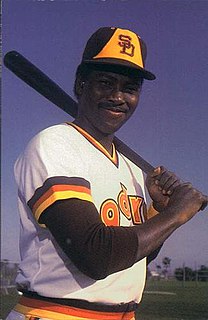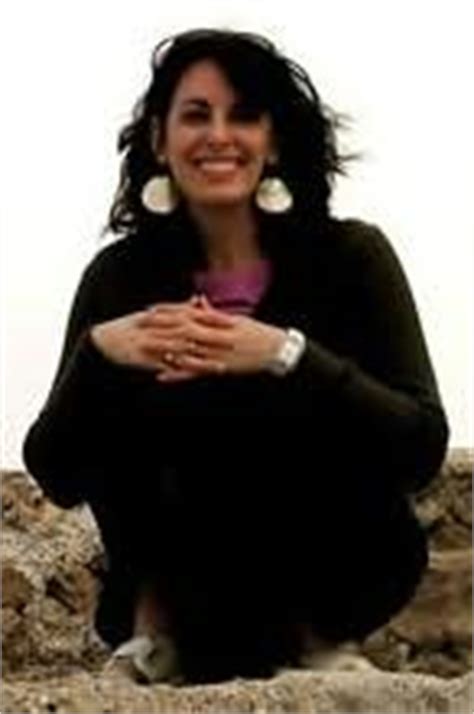A Quote by Terry Pratchett
That's one form of magic, of course." "What, just knowing things?" "Knowing things that other people don't know.
Related Quotes
To know another human being in their essence, you don’t really need to know anything about them - their past, their history, their story. We confuse knowing about with a deeper knowing that is non-conceptual. Knowing about and knowing are totally different modalities. One is concerned with form, the other with the formless. One operates through thought, the other through stillness.
Right now you can allow yourself to experience a very simple sense of not knowing - not knowing what or who you are, not knowing what this moment is, not knowing anything. If you give yourself this gift of not knowing and you follow it, a vast spaciousness and mysterious openness dawns within you. Relaxing into not knowing is almost like surrendering into a big, comfortable chair; you just fall into a field of possibility.
Eventually we realize that not knowing what to do is just as real and just as useful as knowing what to do. Not knowing stops us from taking false directions. Not knowing what to do, we start to pay real attention. Just as people lost in the wilderness, on a cliff face or in a blizzard pay attention with a kind of acuity that they would not have if they thought they knew where they were. Why? Because for those who are really lost, their life depends on paying real attention. If you think you know where you are, you stop looking.
When someone is in a state of flow, that person's brain is not thinking about anything - it's just processing things through chunks at a total instinct level. Athletes in a state of flow describe knowing what will happen just before it does - knowing how a defender will react to a certain move an instant before doing it. Of course, if you know what will happen, you can succeed at doing it, so an athlete in flow has a stand-out game.
We have traditionally thought of knowing in terms of subject and object and have struggled to attain objectivity by detaching our subjectivity. It can't be done, and one of the achievements of postmodernity is to demonstrate that. What we are called to, and what in the resurrection we are equipped for, is a knowing in which we are involved as subjects but as self-giving, not as self-seeking, subjects: in other words, a knowing that is a form of love.
What I'm trying to do is paint a picture of an atypical human being going through all of the existential struggles, but all the while realizing the carnality and small things, because I like minutiae a lot. All the while knowing that it's a forest - knowing that none of it means anything. I think if more people understood that, they would just go ahead and kill themselves like they're gonna do anyway, but do it quickly as opposed to hanging out and using up resources. Don't just sit around criticizing other people and wasting time. I do that, but I'm not really skilled in any other way.
It should begin with friendship, I think. Suddenly I cannot look at him. It should begin with friendship and truly knowing who a person is, knowing his flaws and hopes and strengths and fears, knowing all of it. And admiring and caring for- loving the person because of all of those things... I know that now.
Protect me from knowing what I don't need to know. Protect me from even knowing that there are things to know that I don't know. Protect me from knowing that I decided not to know about the things that I decided not to know about. Amen. [...] Lord, lord, lord. Protect me from the consequences of the above prayer.
The line-by-line, sequential, continuous form of the printed page slowly began to lose its resonance as a metaphor of how knowledge was to be acquired and how the world was to be understood. "Knowing" the facts took on a new meaning, for it did not imply that one understood implications, background, or connections. Telegraphic discourse permitted no time for historical perspectives and gave no priority to the qualitative. To the telegraph, intelligence meant knowing of lots of things, not knowing about them.


































